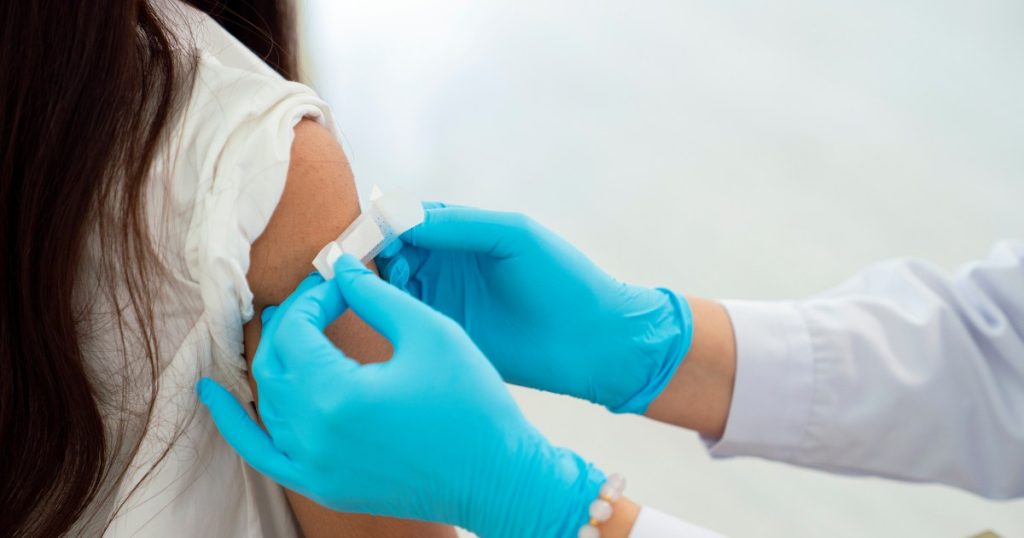The FDA has approved new versions of the COVID-19 vaccine booster to better protect against current variants. With COVID-19 levels rising and hospitalizations increasing as kids return to school, the new shot aims to provide more protection at a critical time. More than 40 states are reporting high levels of COVID-19 in wastewater, largely due to the highly transmissible FLiRT strains like KP.3 and KP.3.1.1 that are circulating. The updated booster is warranted as these variants are different enough from previous ones.
The new vaccines will target more recent strains, particularly the JN.1 strain responsible for a massive surge earlier this year. The FDA has urged drugmakers to target the KP.2 variant for the fall shots. Pfizer and Moderna’s updated doses will focus on KP.2, while Novavax will target JN.1. Variants like KP.3.1.1 and KP.3 are also causing a significant number of cases in the U.S., with LB.1 being another major variant. The new booster is recommended for vulnerable groups such as older adults, those with weakened immune systems, and individuals with certain health conditions that put them at higher risk.
Deciding when to get the COVID-19 booster can be challenging, as protection from vaccines wanes over time. High-risk individuals are advised to get the new dose as soon as it is available, while lower-risk individuals may want to wait a couple of months in anticipation of a winter surge. Children going to school should also be vaccinated early to reduce their risk of infection. Consider any upcoming situations where you are more likely to be infected, such as travel or high-risk events, and plan your vaccination accordingly.
If you have recently been infected with COVID-19, the CDC recommends delaying your booster shot by three months. Common side effects of the vaccine or booster include pain, redness, and swelling at the injection site, fatigue, muscle pain, headache, fever, chills, and nausea. These side effects are usually temporary and mild, but may interfere with daily tasks for a day or two. For more severe arm pain, over-the-counter pain relievers can be used after the vaccination and rest and hydration are important as well. Planning to take it easy the day after your vaccine is recommended.


